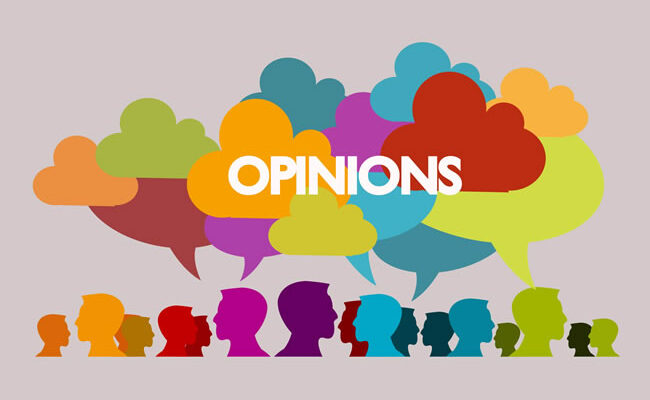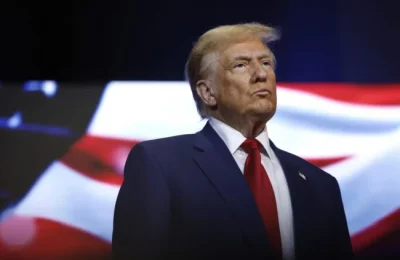
AFRICA has seen more military coups than democratic elections in recent years, to the determinant of the continent’s stability, peace and development. There was an attack in August,,2023 and another attack few days ago in Sierra Leone. These are attacks on democracy in Sierra Leone and threat to democratic regimes in West Africa. Gunmen hit the Central Pademba Road prison in the wee hours of Sunday in Freetown, the nation’s capital city. It is unclear how many inmates are on the run but the prison reportedly held more than 2,000 people in 2019. The incident occurred about the same time Wilberforce barracks, which houses several foreign embassies, including those of China, Germany, Austria, Gambia, Lebanon and Syria, was attacked, prompting a nationwide curfew. The recent attack in Sierra Leone and sustained gunfire with security forces and targeted major detention centers – including the central prison holding more than 2,000 inmates – and freed or abducted an unconfirmed number of people, authorities said.
Videos on social media appeared to show dozens of inmates pouring into the streets to hurriedly escape around the same time that security forces were engaged in a shootout with the attackers on the outskirts of the city. The inmates that escaped from prison are warming up for another attack. West Africa region should take immediate action on Sierra Leone. The attacks deepened political tension in West and Central Africa where coups have surged, with eight military takeovers since 2020, including in Niger and Gabon this year. West Africa’s regional economic bloc ECOWAS — of which Sierra Leone is a member — described the attacks as a plot “to acquire arms and disturb the peace and constitutional order” in the country. The attacks were “an attempt to undermine the peace and stability we have worked so hard to achieve,” said Bio, whose re-election in a disputed vote in June has raised political tensions in the country still healing from a 11-year civil war that ended more than two decades ago. Africa has seen more military coups than democratic elections in recent years, to the determinant of the continent’s stability, peace and development.

Gabon’s Republican Guards staged a military coup against the country’s newly “re-elected” leader, only a month after the Presidential Guards in Niger overthrew the elected government there and following three other coups in neighbouring countries, underlining a dangerous new trend on the continent. It is no coincidence that military-ruled Burkina Faso, Mali and Guinea declared their support for the coup in Niger (and now in Gabon). All three West African states have experienced putsches in recent years, reversing democratic gains that had seen the region briefly shed its tag as Africa’s “coup belt”. In the preceding years, a number of North African nations like Egypt, Sudan and Libya also suffered from military coups, which reversed hard-earned political gains. Needless to say, military coups or generals meddling in civilian affairs are by no means recent or limited to Africa; they are ancient and global. Indeed, every continent has had its share of military interference at one point or another since Julius Caesar of ancient Rome.
But in recent decades, post-colonial states have suffered the most from military coups. There were hundreds, if not thousands, of such interventions, homegrown or instigated by imperial powers, across Latin America, Asia and the Middle East. In the quarter of a century after World War II, more than half of the world’s governments were overthrown by coups. West Africa’s latest successful coup, in Burkina Faso on 24 January 2022, has renewed unease about coups “returning” and democracies “dying” in Africa. The recent attempt in Guinea-Bissau, too, recalled the first decades after independence, when coups were rampant. By 2012, there had been over 200 coups and attempted coups in Africa from their various times of independence. There was a coup attempt every 55 days in the 1960s and 1970s, and over 90% of African states had a coup experience. After the Cold War, a neoliberal democratic programme was inaugurated in Africa. It promised to free the continent from authoritarianism and military seizures of power, in favour of political pluralism and the rule of law. Thus, many decades later, coups were supposed to be rare, if not a thing of the past, and dictatorships were supposed to be on the decline.
As I have argued recently, for this to be a “return” of coups, democracy in Africa must have made a forward move – enough to prevent or reduce coups. To say African democracies are dying is to accept that they were alive. Either way, coups are rarely a solution to bad governance. The trend must be stopped in its tracks. Yet, it also invites a reassessment of the neoliberal democratic project in Africa. My study of the region’s political history show that democracy in the region tends to be superficial. Despite some gains, democracy remains largely cosmetic, and the conditions that cause coups persist. A look at the history of coups in West Africa suggests some recurring themes as causes. These show how likely more coups are and what needs to change to prevent them. In each decade between 1958 and 2008, according to one researcher, West Africa had the highest number of coups on the continent, accounting for 44.4%. Since 2010, there have been over 40 coups and attempted coups in Africa; some 20 occurred in West Africa and the Sahel (including Chad). Since 2019 there have been 7 (five successful and two failed).Between 1958 and 2008, most coups in Africa occurred in former French colonies, as did six of the 7 since 2019. Similarly, 12 of the 20 coups in the sub-region since 2010 happened there. The latest successful putsch in Burkina Faso came on the heels of two attempted ones, in 2015 and 2016.
YOU SHOULD NOT MISS THESE HEADLINES FROM NIGERIAN TRIBUNE
GSK/P&G exit: Why investors are leaving Nigeria — Atedo Peterside
Founder of Stanbic IBTC Bank, Atedo Peterside has revealed cogent reasons investors are running away from…
How my client raped me during ritual at his house — Female traditional healer
A 26-year-old South African female traditional healer has narrated her horrifying experience of being allegedly raped by…
Naira falls to N1,099/$, closes gap to parallel market value
The official foreign exchange (FX) market on Friday oscillated downwards, thereby shrinking the gap/spread between the official and…
RIVERS CRISIS: Wike’s loyalists restrategise, insist on Fubara’s impeachment
IN spite of the intervention of President Bola Tinubu in the face-off between Governor Sim Fubara of Rivers State and his predecessor, Mr Nyesom Wike, there are…
Why the north suddenly cares about northern lives
It should be made clear from the outset that I am overwrought with immense grief by the heartbreaking but…
Naked Olympics: Sporty naturists take to the beach in Rio to compete at the Naked Olympics
A group of brave nudists are competing in Rio’s NAKED Olympics every weekend, in a stripped back version of…








